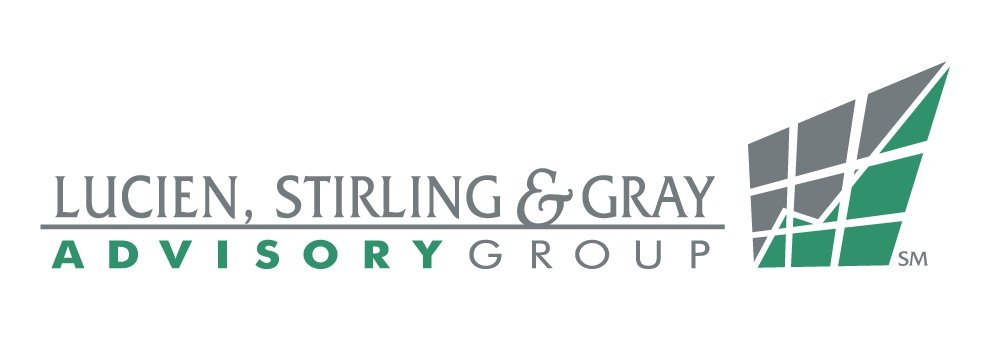Protecting Yourself from Scams
Article By - The LSG Team
Artwork by Daisy Lopez, Staff Accountant
While cyber scams have been around since the invention of the internet, these scams have become part of our daily lives now more than ever. In fact, cyber scammers are expected to steal over $3 billion in 2022. The good news is, with most scams the warning signs are there if you know what to look for. We have put together a guide that can help you spot scams and protect yourself from falling victim to their schemes.
Warning Signs
Keep these warning signs in mind when judging whether something is a potential scam.
Urgency – They want you to act quickly. Scammers create a sense of urgency so that they can bypass your better instincts. When you are flustered you are more likely to make a mistake, so take your time and ask probing questions to avoid being rushed into a bad situation.
Vague – They don’t provide specifics, only general statements like, “There has been a problem with your account.”
Payment – They require some form of payment, often demanding money to solve a problem or stop fraudulent transactions on your account. If they mention gift cards, that is a sure sign of a scam.
Email Clues – Look carefully at the sender’s email address. John Smith may claim to be an Amazon representative, but his email address may give him away. For example, his may read JohnSmith@gmail.com rather than JohnSmith@amazon.com. Keep a close eye on the email address spelling as well – sometimes the only difference in a legitimate email address and a scammer is one letter (e.g. anazon vs amazon).
Common Types of Scams
Tech Support Scams – Scammers will try to convince you there is a problem with your device or account, asking you to pay or provide account, password, or PINs before they can fix the problem.
Bank or Government Agency Scams – Many scammers claim to be from a government agency, law enforcement, medical center, or financial institution. This is intended to fluster you and cause you to panic.
Lottery/Prize Scams – Scammers claim you are owed lottery winnings, a prize, rebate, or vacation – the catch is that they require payment before they can release your winnings. Remember, you cannot win a contest that you didn’t enter.
Do’s and Don’ts to Protect Yourself
Do remain skeptical – Scammers know how to make their scams look and sound legitimate. You are wise to be skeptical of anyone who demands payment out of the blue. When in doubt, hang up. If you were not expecting the call, it is likely a scam attempt. A good rule of thumb is if you don’t recognize the phone number, don’t answer. If it is important, they will leave a voicemail.
Do be wary of all links and attachments – Unless it’s something you’re expecting and know for sure who it came from, do not open the link or attachment.
Do your research – Do your research to double check the details you’re getting. Look up the bank, agency or organization that’s supposedly calling or emailing, and get in touch with that organization directly using a legitimate phone number from their website or your monthly statements.
Do think before you click – Taking time to think things through is always good advice.
Don’t Panic – Cooler heads prevail. Scammers want you to panic. In fact, they’re counting on it. Do not be intimidated by an email or caller who suggests dire consequences if you do not immediately provide or verify financial information.
Don’t ever give out personal information – As a rule, you should never share personal or financially sensitive information over the Internet or phone. Remember, those who truly need your account numbers, social security number, PINs, or passwords already have access to them. Your bank will never ask for your account number over email or phone, because they can simply look up those details themselves. If a professional needs this information for some reason, they will likely only ask you to confirm the last few digits, not the entire number. No reputable person or agency will ever demand payment on the spot.
Trust your gut. If something seems fishy, it probably is. You can check out companies with the BBB, Federal Trade Commission and National Fraud Information Center. You may also report a scam attempt to these organizations.
Here are some links to more information on avoiding scams:
Shelby Holt
Client Services Specialist

